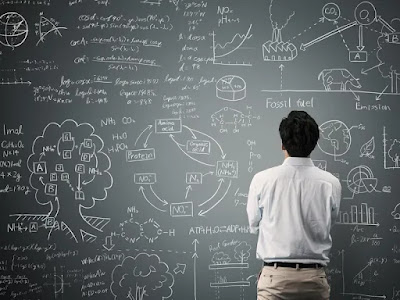Will Kymlicka’s minority rights theory, for a multicultural citizenship, takes into account about three main points. Will Kymlicka is a Canadian philosopher whose works about multiculturalism have given us important points to comprehend the evolving societal structure in a globalized world.
Starting with the Self-Government, as the name states, is the ability to govern one self meaning to have political and territorial autonomy to be able to keep their traditions untouched. An indispensable example about this is how minority groups had to establish their own set of rules to preserve their identity. It alludes to the political rights that are seen as official for a community, such as the right to vote, to own a property and to receive education.
Ex. Immigrants in the United States have established their own communities where everyone shares traditions and a specific territory, and sometimes they are supported by the law of the place, or they create their own set of rules.
Another main point is the Poly-ethnic, this point is significant because it helps to include or integrate the cultural minorities and promote their lifestyle in a society. An essential example about this point is that the groups are allowed to be themselves, embrace their culture and lifestyle in the society that they belong to, because they are accepted by them. On the other hand, they are not recognized by the law. It refers to the social rights, which mean that these rights work in order for the society to work out their problems and be able to coexist. Some examples are: freedom of speech, security, not to be exploited…
Ex. LGBTQ+ communities are starting to gain recognition by members of the society. At the same time, in the present, they are still struggling to gain political recognition since in many countries being part of this community is illegal or considered as bad behavior.
The last point that Kymlicka takes is the Representation. This is the lowest level of recognition because it means that the whole country knows that these groups exist, but they are not as accepted or taking into account. This group represents just the human rights, which means they are granted to everyone for the only reason that we are all human. Everything considered friendly is part of the representation group because it treats people as they are, human beings. Some examples are: life, respect, freedom of religion.
Ex. Students belong to these groups because they exist in a society, but they are not granted with as much visibility as they deserve, the same thing happens with members of the 3rd age groups, teenagers and disable people. These groups are recognized by the human rights, but they don't belong to any specific society or territory because they're sill part of a general one. Nevertheless, most of the time these groups are forgotten.
OPINION:
In my opinion, this theory describes perfectly how we live right now. There are levels of privilege that some groups take advantage of because the world is evolving and acceptance becomes easier and a key to integrate the group in the social order. Despite the fact that these levels are marked by the type of rights these groups rely on. It is true that if we see the world as fragmented as it is, we will continue to separate these groups and diminish their value on the society as a whole. Human, social or political rights must be given to every citizen despite their culture. Even though it is just a theory, it reflects how departed we are from the idea of a unity, the society that not only explores diversity but embraces it. What is the point in granting some rights to some and depriving some groups from the advantages of feeling protected and supported. Recognition shouldn't be based on these ideas, but I now know that it is the reality we are facing day by day. This theory comes very close to how we can fix our “differences” and try to be more open-minded about the way societies work. I agree with the idea that this is how we are distributed, minority groups because they are considered as a minority are not taken into account in the decision-making process. But I refuse to believe that this can’t be changed, I think that it is possible that these groups can be recognized by every right even though by the majority they are not worth of them.
We can see with disabled people who are somehow respected but they most of the time struggle to find a job, or how LGBTQ+ members aren't recognized by institutions to be able to marry their loved ones. Or in the higher level of this theory, how natives live in certain areas because they are still not accepted in the society despite being part of the historical context. Will Kymlicka’s theory explores the points that we don’t want to acknowledge because most of the time we turn the blind eye on them.
REFERENCES:
(N.d.). Uregina.Ca. Retrieved September 13, 2022, from https://uregina.ca/~gingrich/k1.htm#:~:text=Kymlicka%20defines%20national%20minorities%20in,rights%20or%20special%20representation%20rights.
Braund, M. J. (n.d.). Will Kymlicka. Thecanadianencyclopedia.Ca. Retrieved September 14, 2022, from https://www.thecanadianencyclopedia.ca/en/article/will-kymlicka






